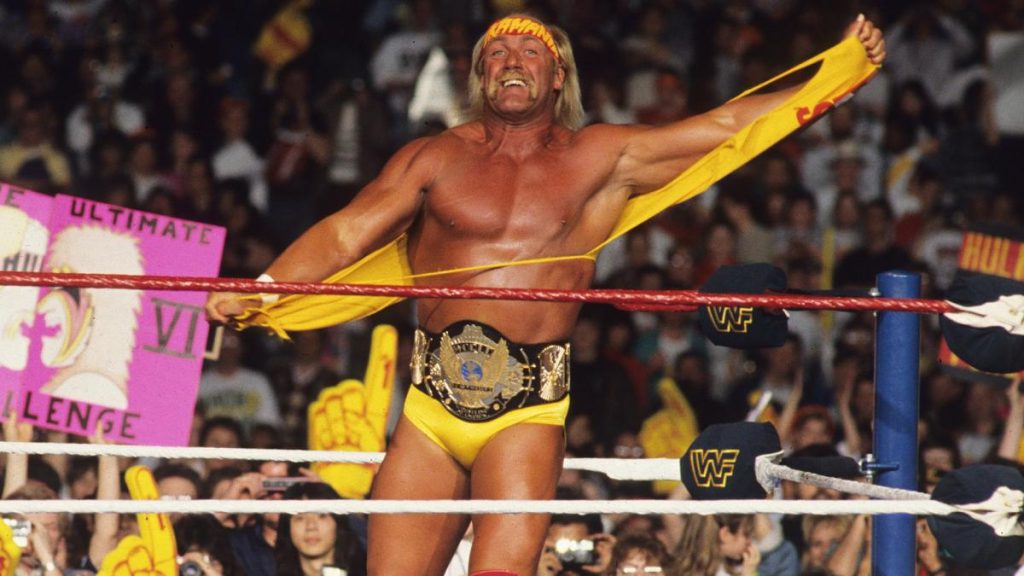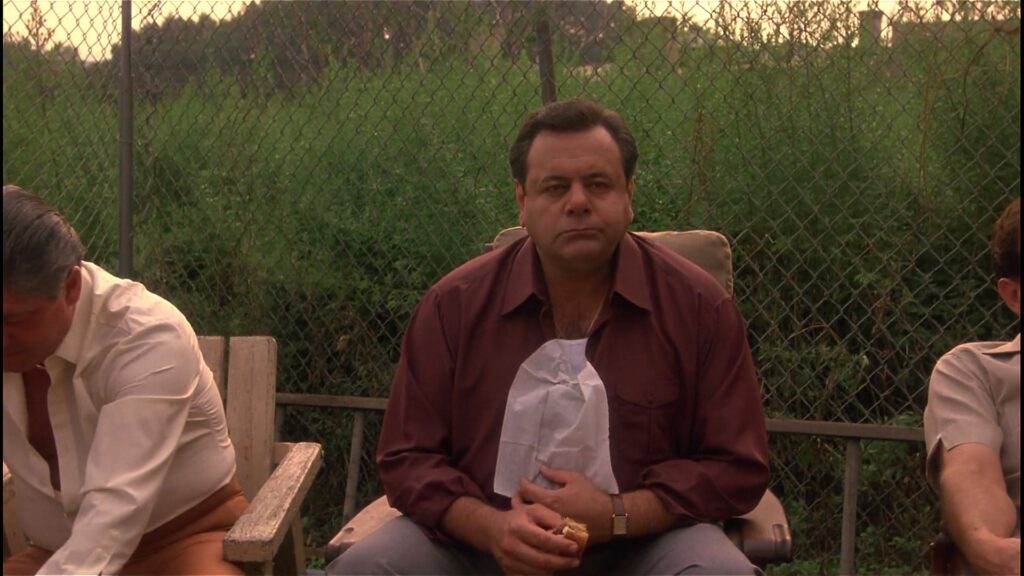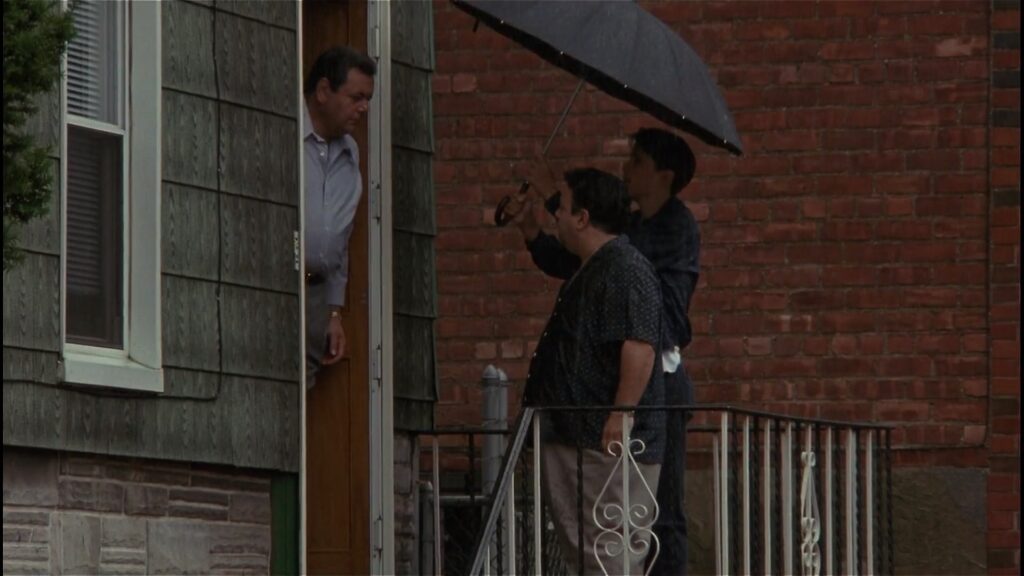“Pretty Woman” (1990): A Modern Cinderella Tale with a Twist – Film Review
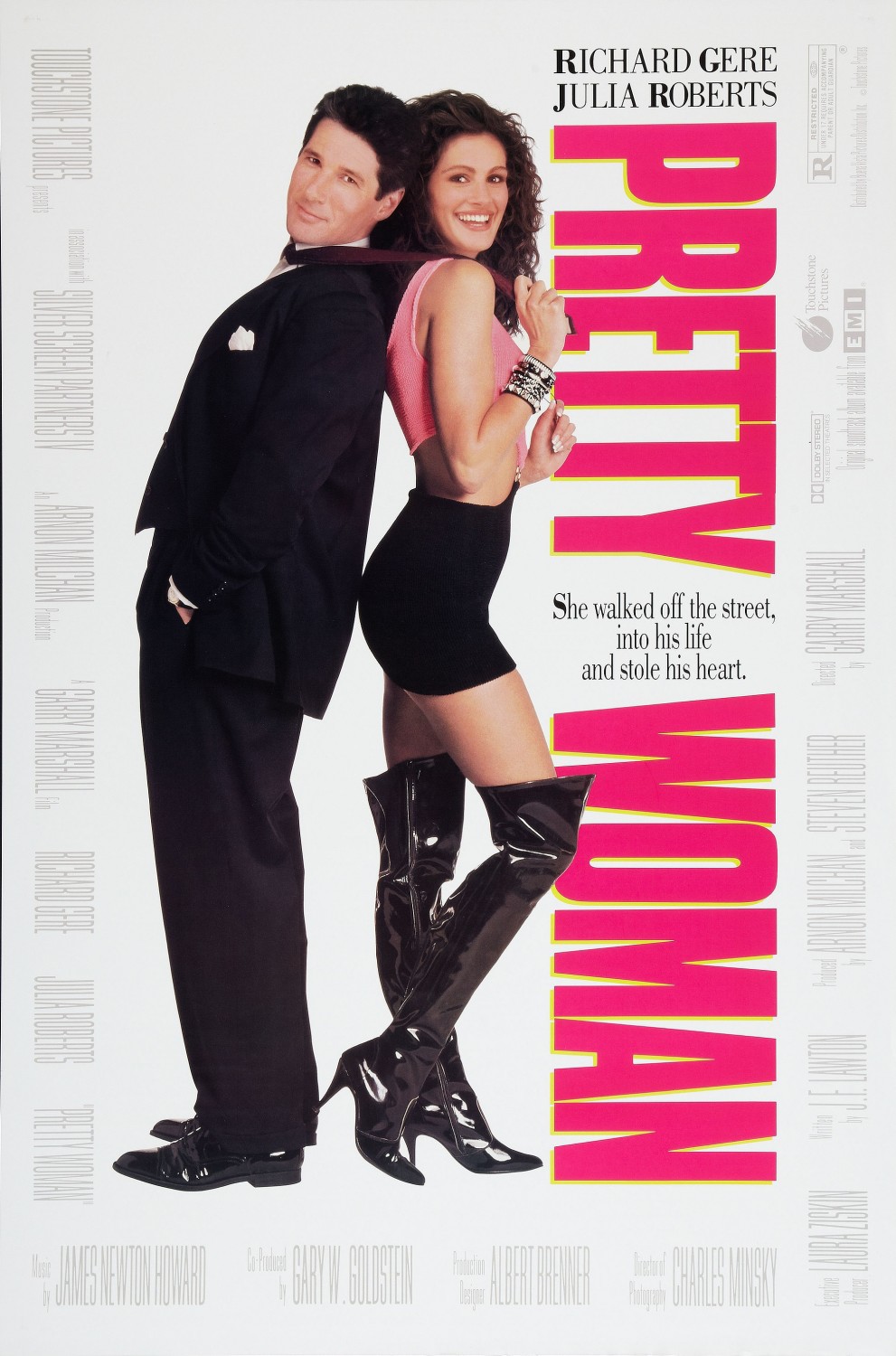
The 1990 film “Pretty Woman,” directed by Garry Marshall, is often heralded as a quintessential romantic comedy, but its impact and appeal go far beyond the confines of its genre. Starring Julia Roberts and Richard Gere, this modern-day Cinderella story captivates with its charm, humor, and unexpected depth, while also navigating the complexities of love, class, and personal transformation.
Narrative Enchantment: Reimagining a Classic Tale
“Pretty Woman” tells the story of Vivian Ward (Julia Roberts), a street-smart prostitute, and Edward Lewis (Richard Gere), a wealthy businessman. Their worlds collide when Edward hires Vivian to accompany him to several social events. What begins as a transactional relationship soon blossoms into a genuine connection, challenging their perceptions of love, worth, and societal norms.
The screenplay, written by J.F. Lawton, originally titled “3,000,” was envisioned as a dark drama about prostitution in Los Angeles. However, under Garry Marshall’s direction, the script was transformed into a romantic comedy, albeit one that retained a sense of realism and emotional authenticity. This shift in tone is crucial to the film’s success, blending the fairy-tale romance with a gritty portrayal of life on the streets.
Behind the Scenes: Crafting a Romantic Classic
The making of “Pretty Woman” involved several significant changes and decisions that shaped the film’s direction. Casting, for instance, played a pivotal role in the film’s reception. Julia Roberts, relatively unknown at the time, brought a blend of vulnerability and strength to Vivian, making her both relatable and endearing. Richard Gere, as Edward, provided a perfect counterbalance with his portrayal of a suave yet emotionally distant businessman.
Garry Marshall’s direction was instrumental in balancing the film’s romantic and comedic elements with its darker undertones. His experience in television and film comedy allowed him to extract the perfect blend of humor and sincerity from the script and his actors.
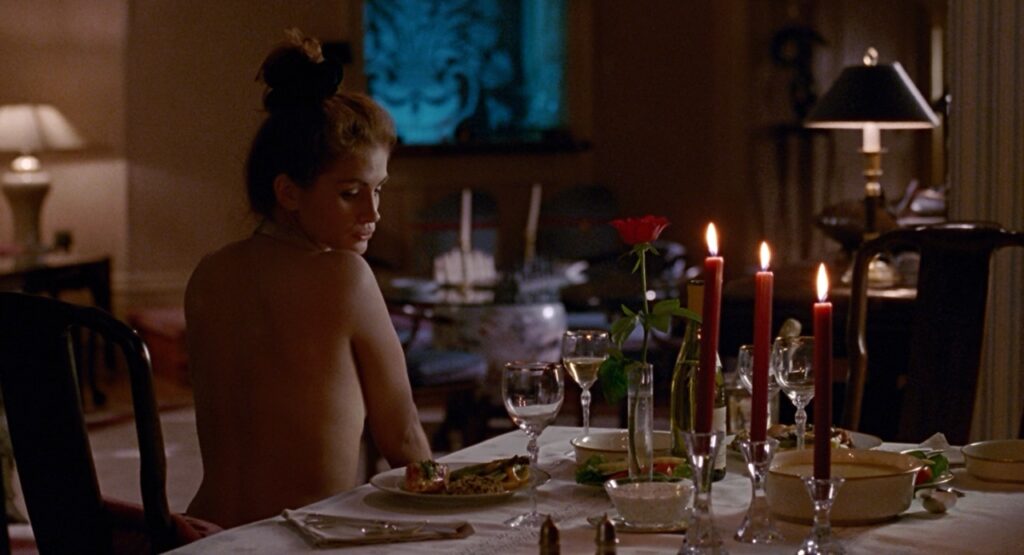
Cinematography and Music: Enhancing the Fairy-Tale Feel
Cinematographer Charles Minsky used a variety of techniques to capture the film’s fairy-tale essence while maintaining a connection to its urban setting. The use of vibrant colors and soft lighting in certain scenes contrasted sharply with the harsher, more realistic scenes on the streets of Los Angeles.
The film’s soundtrack, including the hit song “Pretty Woman” by Roy Orbison, played a significant role in establishing its mood. The music selections varied from lighthearted pop tracks to more somber scores, mirroring the film’s emotional spectrum.
Performances: Roberts and Gere’s On-Screen Chemistry
The chemistry between Julia Roberts and Richard Gere is undeniable and serves as the heart of “Pretty Woman.” Roberts’ performance earned her an Oscar nomination and catapulted her into stardom. Her portrayal of Vivian is both spirited and grounded, capturing the character’s journey from skepticism to self-discovery.
Richard Gere’s performance, while more understated, is equally important. He adeptly portrays Edward’s transformation from a detached businessman to a man capable of love and vulnerability.
Themes: Love, Class, and Empowerment
At its core, “Pretty Woman” is a story about love transcending societal barriers. The film tackles themes of class disparity and societal judgment, while also offering a narrative of personal empowerment. Vivian’s journey from a life of hardship to one of self-respect and agency is particularly compelling.
The film also challenges the traditional dynamics of the rescuer and the rescued. In “Pretty Woman,” both Vivian and Edward save each other in different ways, upending the conventional roles often seen in romantic stories.
Cultural Impact and Legacy
“Pretty Woman” was a massive box office success and has since become a cultural icon in the realm of romantic comedies. Its fairy-tale narrative, combined with a modern and realistic approach, has influenced numerous films in the genre.
The film’s impact is also evident in its continued relevance and popularity. “Pretty Woman” has inspired a Broadway musical and remains a beloved classic, celebrated for its charm, wit, and heartfelt story.
“Pretty Woman” stands as a testament to the enduring appeal of romantic comedies that manage to blend humor, romance, and social commentary. The film’s success lies in its ability to present a fairy-tale-like romance grounded in the realities of its characters’ worlds. It remains a landmark film in the genre, showcasing the power of love stories that dare to venture beyond the conventional and into the realm of the heartfelt and transformative.

